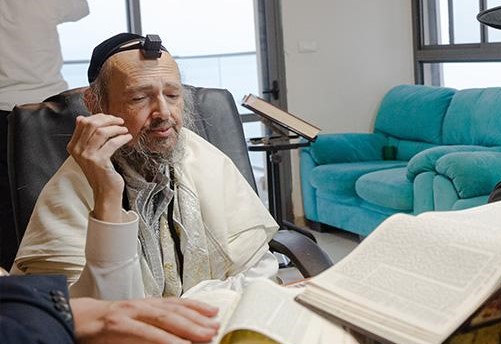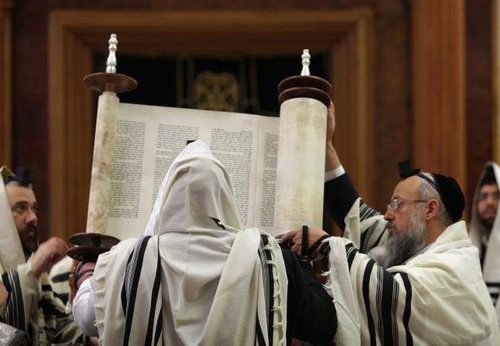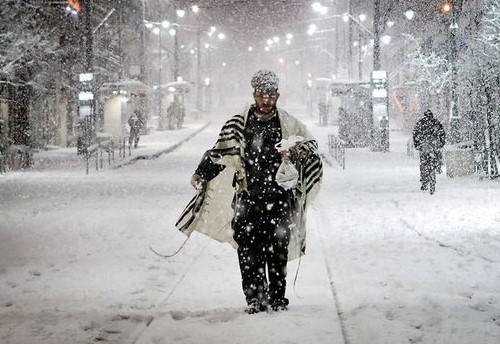Adapted from the writings of Dayan Yitzhak Grossman July 4, 2024

Bais HaVaad on the Parsha, Parshas Emor
Profaning with Speech
May 16, 2024
Excerpted and adapted from a shiur by Dayan Yehoshua Grunwald
You shall not desecrate My holy Name, rather I should be sanctified among the Bnei Yisrael; I am Hashem Who sanctifies you.
Vayikra 22:32
The Rambam (Sefer Hamitzvos, Lavin 63) writes that the prohibition of chillul Hashem can be violated in three ways, one of which is committing an aveirah solely to rebel against Hashem, without receiving any benefit. The Rambam infers this from the pasuk that says taking a shvuas sheker violates chillul Hashem (Vayikra 19:12), which he says is because no physical benefit is derived from this aveirah.
Sefer Chafetz Chaim (in the Psichah) derives from this that speaking lashon hara also violates chillul Hashem. He explains that the Gemara in Ta’anis says that at the end of days, the animals will ask the snake why it ate other animals, given that whatever the snake eats tastes to it like dirt, and it will reply that one who speaks lashon hara also derives no benefit. The Chafetz Chaim says that lashon hara is therefore likewise a chillul Hashem according to the Rambam. He explains further in the Be’er Mayim Chaim that one of the cases of shvuas sheker is swearing falsely in bais din to defend against a financial claim, even though in this case he derives financial benefit from the aveirah, so the Rambam must mean that chillul Hashem is violated if no physical benefit is obtained.
R’ Yitzchak Hutner maintains that lashon hara does not violate chillul Hashem. He says shvuas sheker constitutes chillul Hashem despite the lack of physical benefit due to the severity of swearing falsely in Hashem’s Name. Because lashon hara is less severe, it is not chillul Hashem, though the benefit incurred by the speaker may be comparable.





